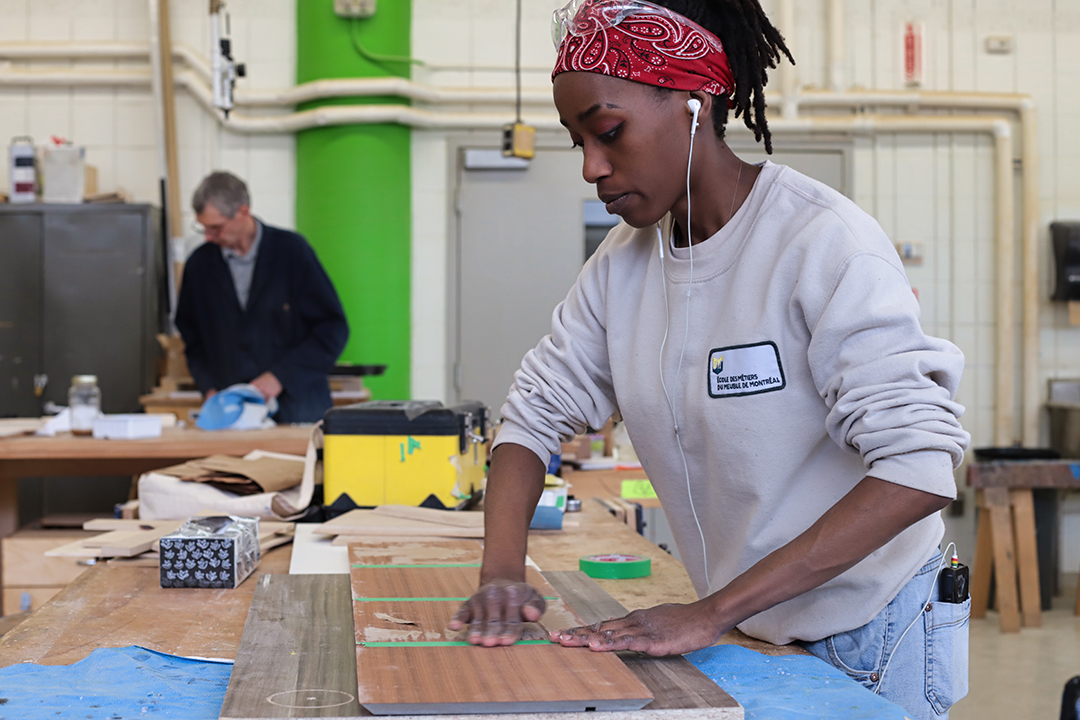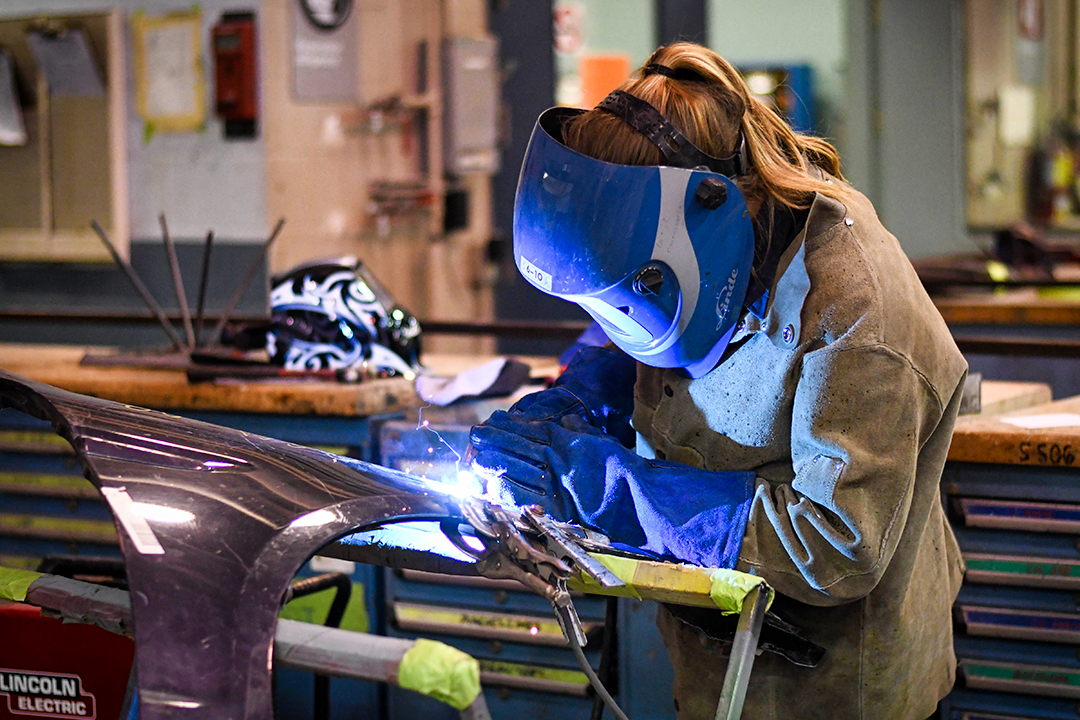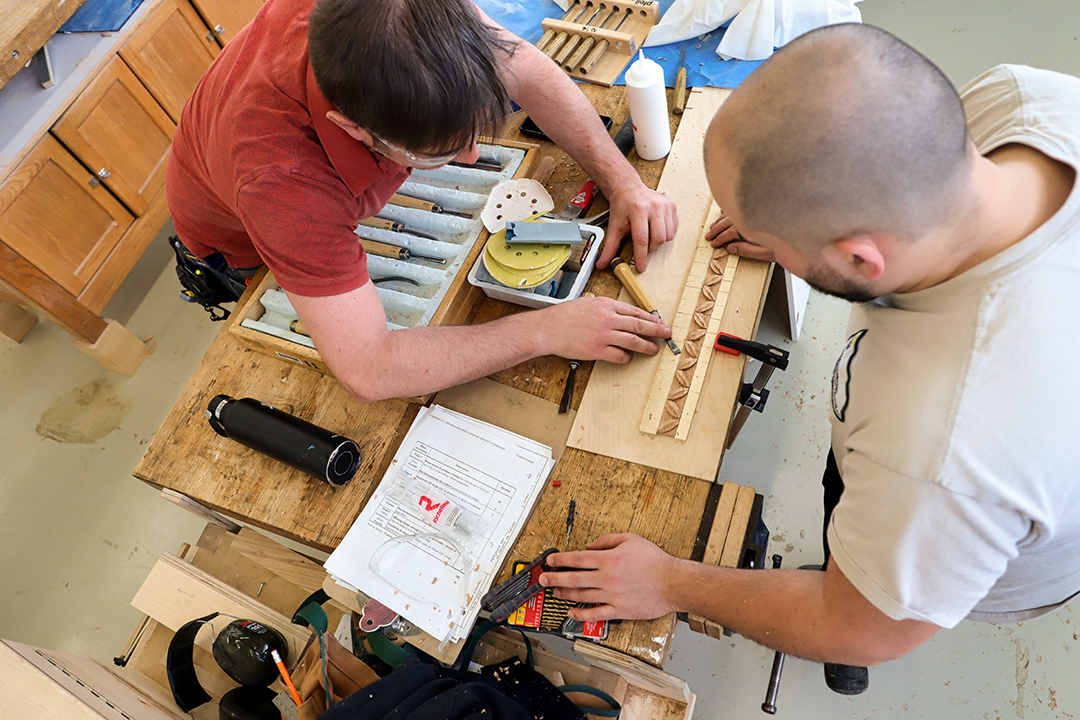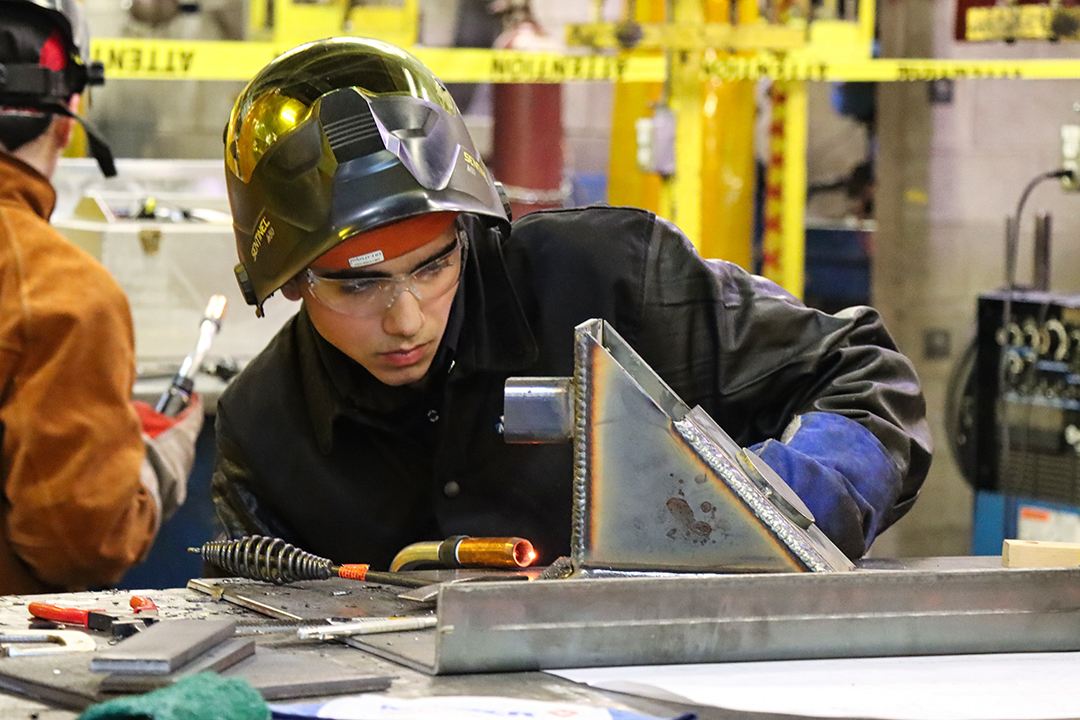1. Vocational training is accessible year-round

Each centre follows its own calendar.
Many vocational training centres do not have deadlines and accept applications year-round. Trainings start at different times, sometimes with as many as five or six cohorts in a single school year.
2. Vocational training offers excellent job prospects

Are you looking for a career in construction, healthcare, mechanical manufacturing, or computing support?
Vocational training programs are available for many in-demand occupations.
3. Vocational training means choosing a path that leads quickly to the job market

On average, a vocational training program requires 600 to 1,800 hours and lasts 12 to 24 months, an average of 18 months.
Additionally, there are some 50 short programs that last 3 to 6 months and lead to a Skills Training Certificates (STC).
4. Vocational training is (almost) free!
There is a small enrollment fee and some costs for materials, but vocational training is free in Québec.
Various assistance programs are available through Services Québec and Québec's Loans and Bursaries to help those considering returning to school in vocational training.
5. Vocational training is concrete

Vocational training is primarily hands-on and leads to the practice of a trade.
Training courses are recognized by the job market and in line with the needs of companies.
6. Vocational training fits your schedule
Schedules vary. Some students attend full-time, others part-time.
There are options to attend class in person, during the day, in the evening, or remotely.
7. Vocational training offers quality education

Teachers in vocational training are above all passionate and enjoy passing on their knowledge and sharing their expertise to educate the next generation of professionals in their trade.
8. Vocational training means state-of-the-art centres
Québec is world-renowned for vocational training, not least because of its modern infrastructure.
The workshops and classrooms in training centres are equipped with the latest technology entirely adapted to the realities of the job market.
9. Vocational training is a source of motivation
For all the reasons listed above, vocational training encourages students to stay in school.

10. Vocational training is a springboard to college or university studies
Holders of a DVS can continue their studies towards higher education.
Some programs even offer a bridge between the DVS and DCS.